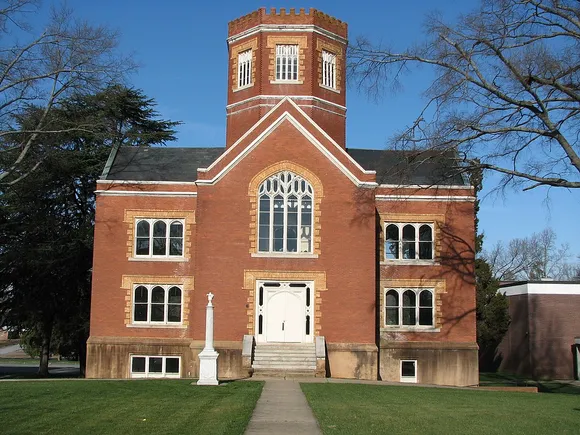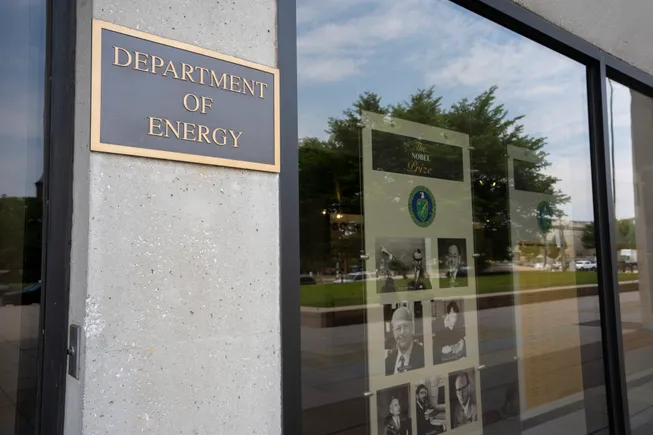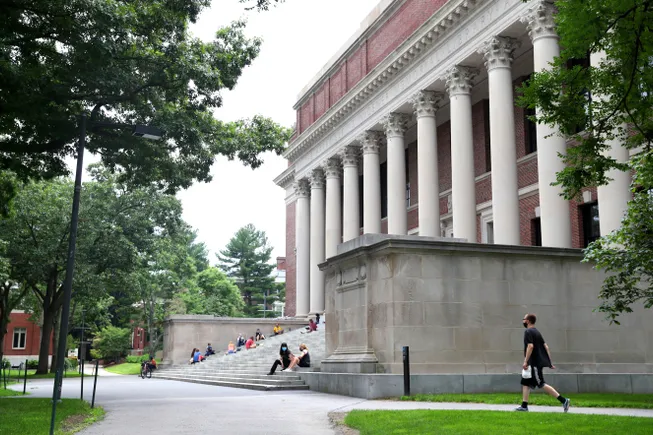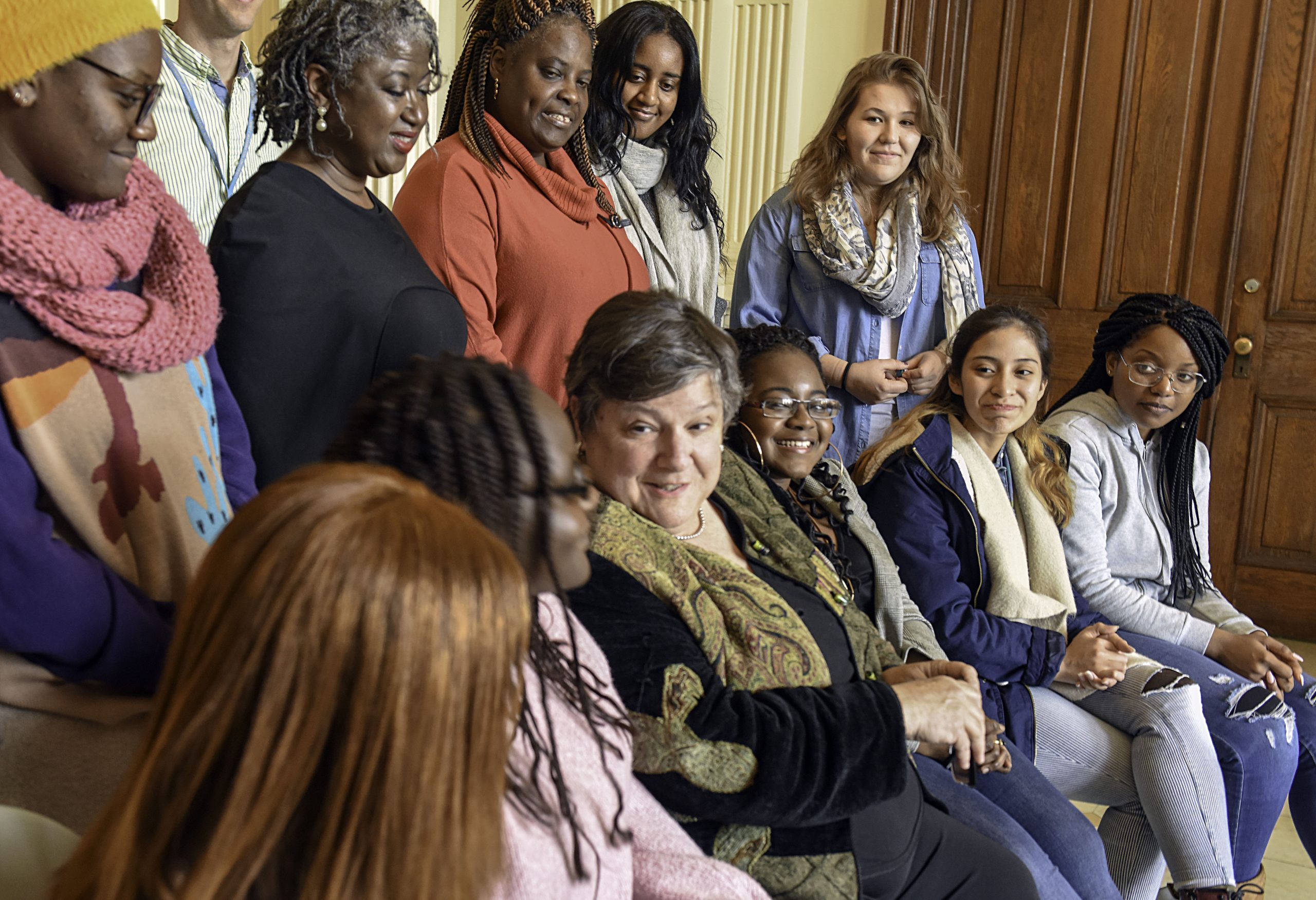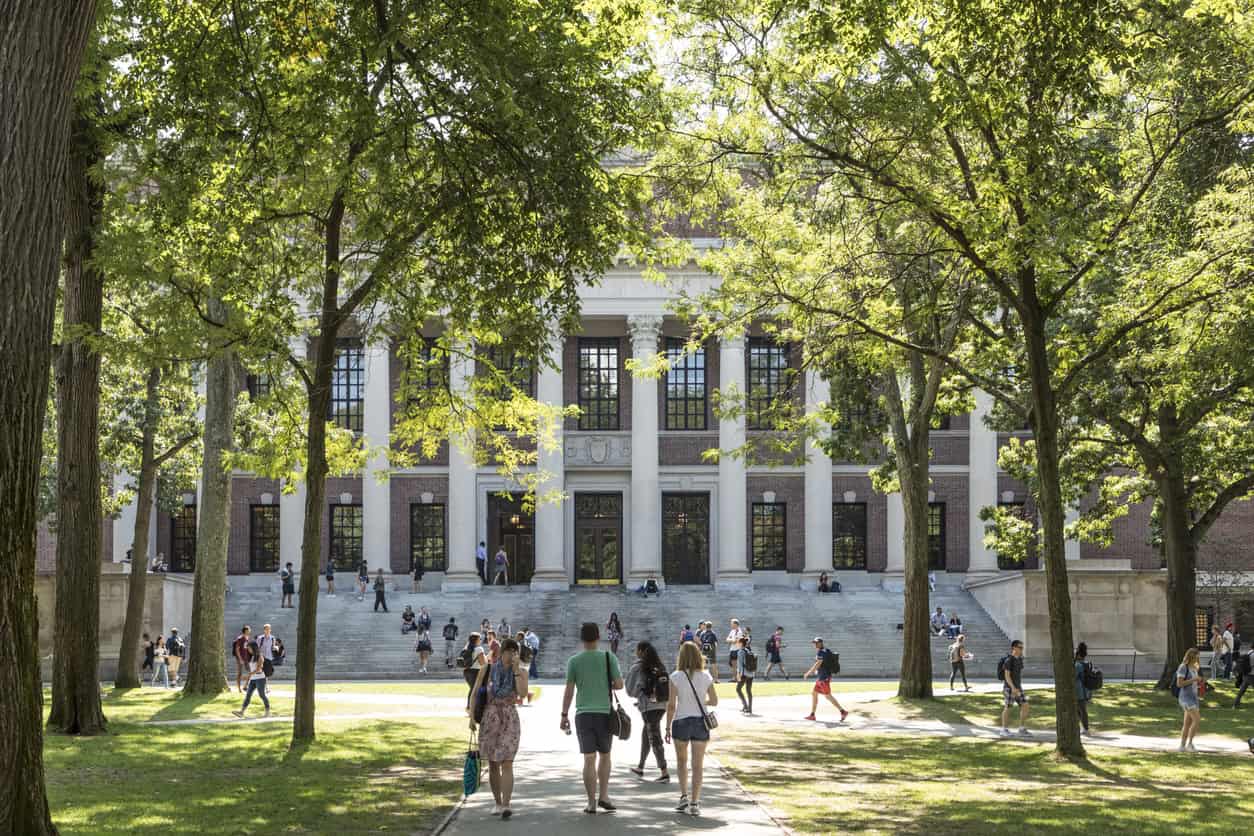Dive Brief:
- Limestone University, in South Carolina, may move to online-only classes or shut down entirely in the near future as it wrestles with a financial crisis, the 179-year-old institution announced Wednesday.
- To avoid closing or going exclusively online, the private nonprofit’s board of trustees said it would need an “immediate” infusion of $6 million in emergency funding, though it didn’t indicate where it might find the funds.
- Limestone attributed its financial woes to enrollment declines, rising costs and “long-standing structural pressures facing small, private institutions.”
Dive Insight:
Describing the current crisis as a “turning point,” Limestone’s announcement Wednesday listed multiple possible paths forward, and in doing so the university threw general uncertainty over its future.
“While full closure remains a risk, the institution is considering a scenario that would discontinue all in-person academic operations and all other activities, including athletics, in Gaffney,” the university said. “The fully online model would effectively end the traditional college campus experience.”
Limestone’s board is set to meet April 22 to discuss next steps.
Many of the Christian university’s travails stem from a drop-off in students. Between 2018 and 2023, fall enrollment plummeted 27% to 1,782 students.
Under financial pressure, Limestone has been leaning heavily on its endowment, the university’s financials show. In 2023, with approval from the state attorney general, the university suspended a policy of spending no more than 5% of the endowment’s total value. Between fiscal years 2023 and 2024, Limestone’s net assets fell by more than $12 million, to $61 million.
With cash and investments dwindling, and amid persistent budget deficits — to the tune of $9.2 million in fiscal 2024, following an $11.4 million gap in 2023 — the university’s auditors warned that it may not be able to continue operating as a “going concern.”
Limestone currently offers online courses in addition to in-person classes, but it trumpets what it said is $150 million economic impact on South Carolina’s Cherokee County from its campus. That sum would be imperiled with a move to online-only operations.
“This potential shift to online-only instruction threatens not only the campus experience, but local jobs and the cultural presence Limestone has provided for nearly two centuries,” the institution said.
The $6 million emergency fund — which the university’s trustees proposed without detailing — would “stabilize operations and give the university the opportunity to pursue long-term solutions that preserve its on-campus identity,” Limestone said.
“Limestone remains committed to our students and we will work directly with current students to help them identify the best path to successfully complete their educational journey,” board Chair Randall Richardson said in a statement.
Other colleges in recent years have likewise sought emergency cash funding infusions to stay afloat in troubled times.
For example, Northland College, a private nonprofit in Wisconsin, last year announced a multimillion-dollar Hail Mary fundraising campaign. Without $12 million, the college said last spring, it would be forced to close.
Northland wound up falling well short of that goal, but pursued a turnaround on what it called “transformative” gifts and an initiative to pare back its programs. Despite those efforts, the college announced in February that it will close at the end of the current academic year.
Other similarly situated colleges, including Hampshire College, have had better luck after an existential fundraising blitz. After falling into financial distress, Hampshire launched a $60 million fundraising campaign that kept it afloat and helped it revamp its programs and operations.

